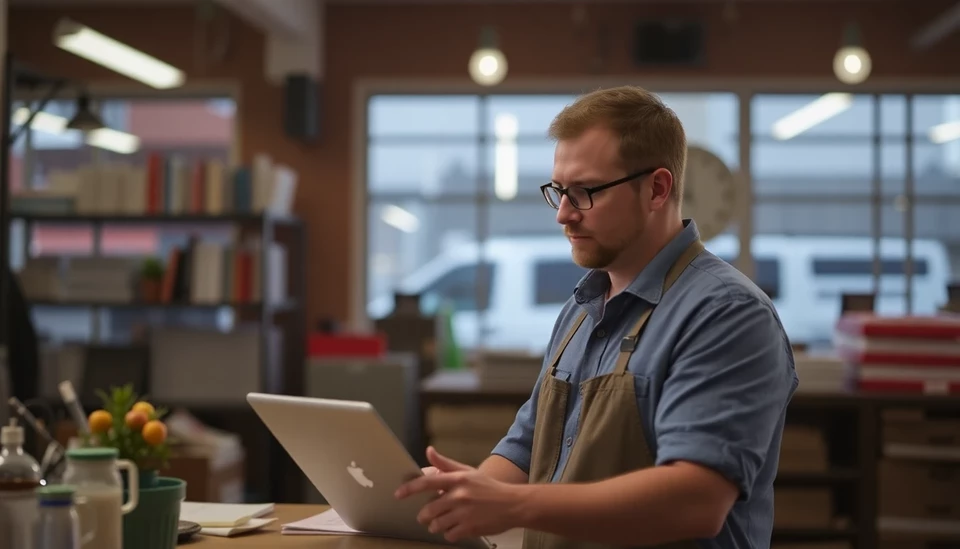
In a recent assessment of the small business landscape, it has been observed that optimism among U.S. entrepreneurs has taken a noticeable downturn. This trend largely stems from the increasing tendency of small business owners to adjust their pricing strategies in response to ongoing inflationary pressures. The most recent findings from the National Federation of Independent Business (NFIB) reveal that a significant number of small business owners are raising prices to counteract the rising costs of materials, labor, and other operational expenses, consequently impacting overall optimism.
The NFIB's monthly optimism index, which gauges the sentiment of small business owners across the nation, has shown a decline in numbers over the past few months, reflecting a growing concern about the economy's trajectory. Many owners are facing the dual challenge of maintaining profitability while also managing customer expectations in an environment marked by fluctuating prices. According to the report, 43% of small business owners have indicated that they are planning to increase prices, a trend that may indicate a shift in market dynamics as consumers and businesses alike grapple with inflationary pressures.
Small business owners are expressing frustrations about various economic factors. Issues such as labor shortages, rising interest rates, and ongoing supply chain disruptions continue to plague many sectors, compounding their challenges. In light of these difficulties, owners are calling for greater clarity in policy measures aimed at supporting small businesses, as the fear of declining sales and profitability continues to loom large.
Furthermore, the survey indicates that along with raising prices, many businesses are also cutting back on their hiring plans. This decision could have broader implications for the national job market, as small businesses are known to be a significant source of employment across the country. The tightening of the labor market and the reluctance to hire could further exacerbate the overall economic climate, contributing to a cycle of uncertainty.
As we look ahead, industry experts are reminding us that while small businesses are pivotal to the economy, they are inherently vulnerable to shifts in consumer behavior and economic conditions. As such, their collective response to the current environment may serve as an indicator of broader economic trends. Efforts to stabilize pricing strategies, maintain workforce morale, and adapt to changing demand will be crucial for recovery in the small business sector as it navigates these unprecedented times.
In summary, the latest NFIB report paints a concerning picture of small business optimism in the U.S. as owners confront escalating costs and economic uncertainty. This decline could have far-reaching implications not just for small business owners, but for the economy as a whole, as these enterprises form the backbone of employment and innovation.
As the situation continues to evolve, stakeholders at all levels will need to monitor the sentiments of small business owners closely, as their optimism—or lack thereof—may significantly influence economic recovery moving forward.
#SmallBusiness #Optimism #EconomicTrends #Inflation #PriceHikes #NFIB #Entrepreneurs #USEconomy
Author: Daniel Foster




